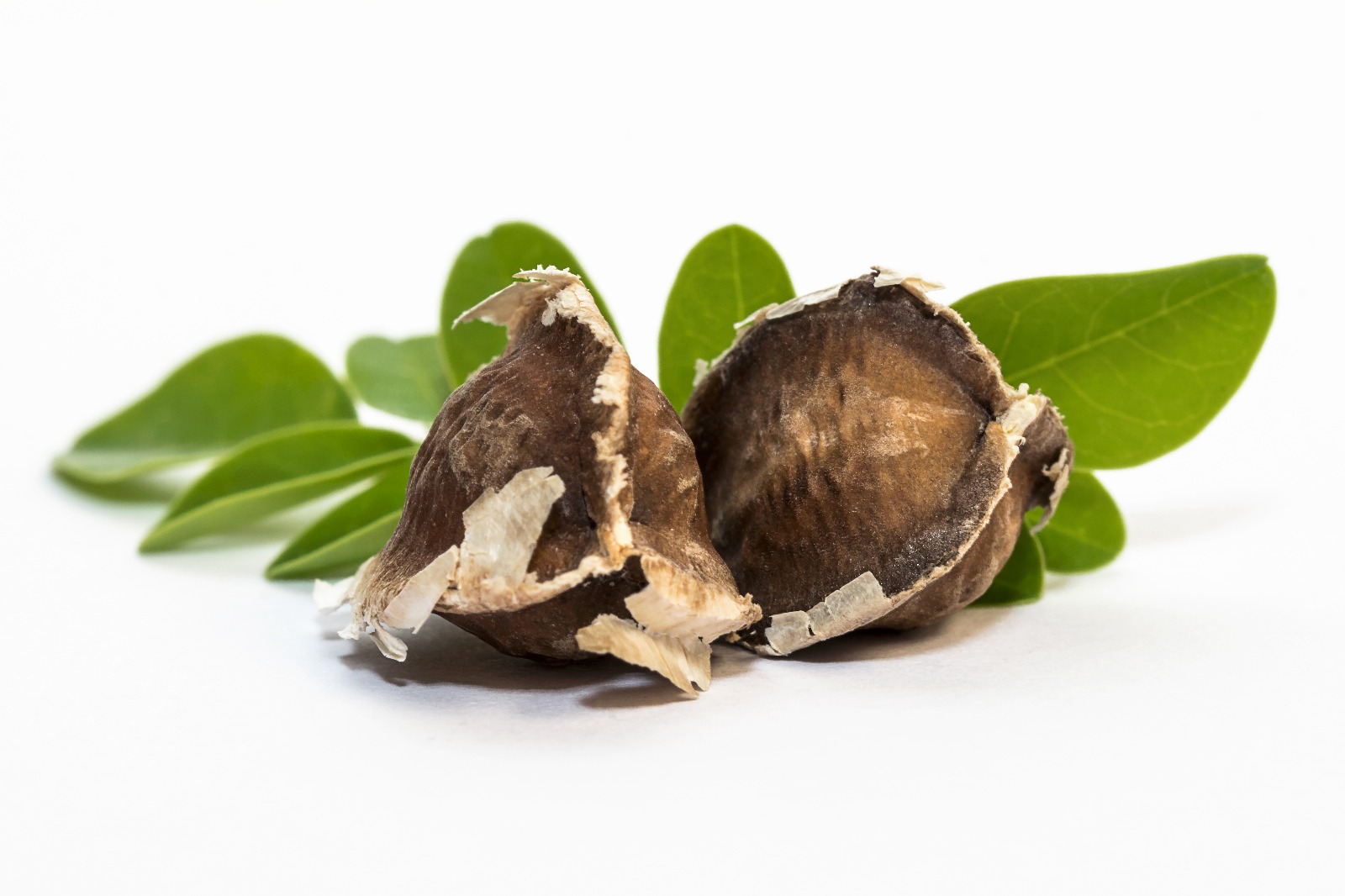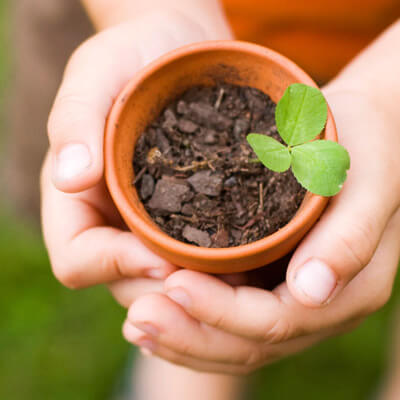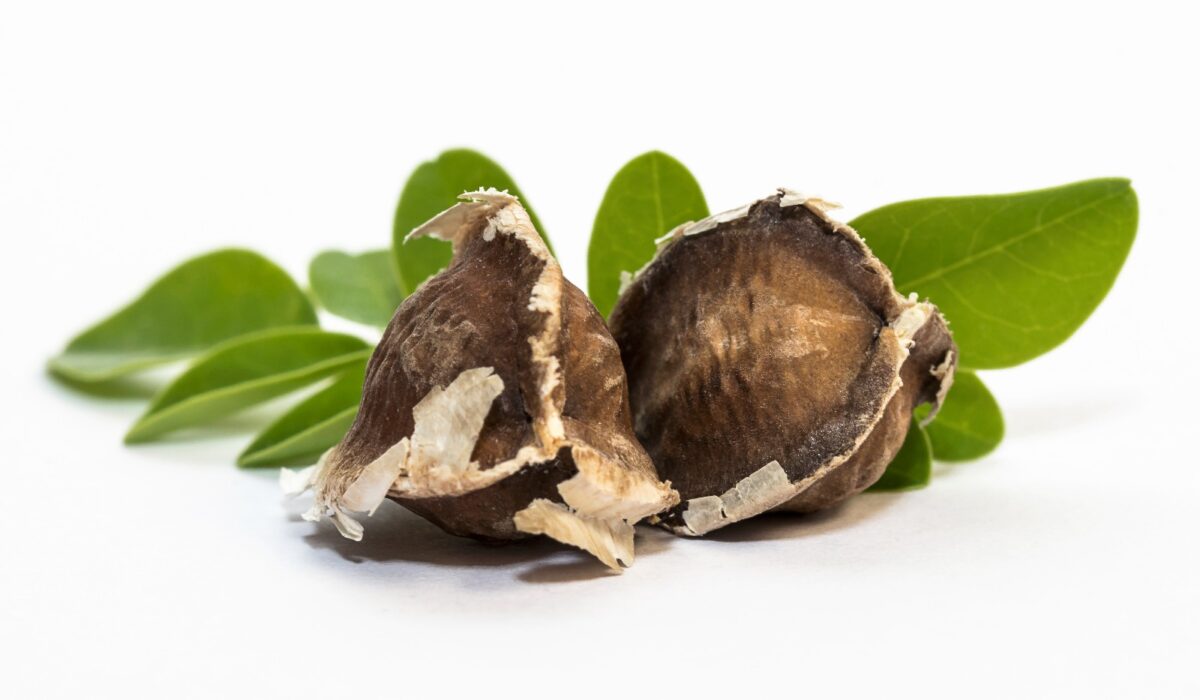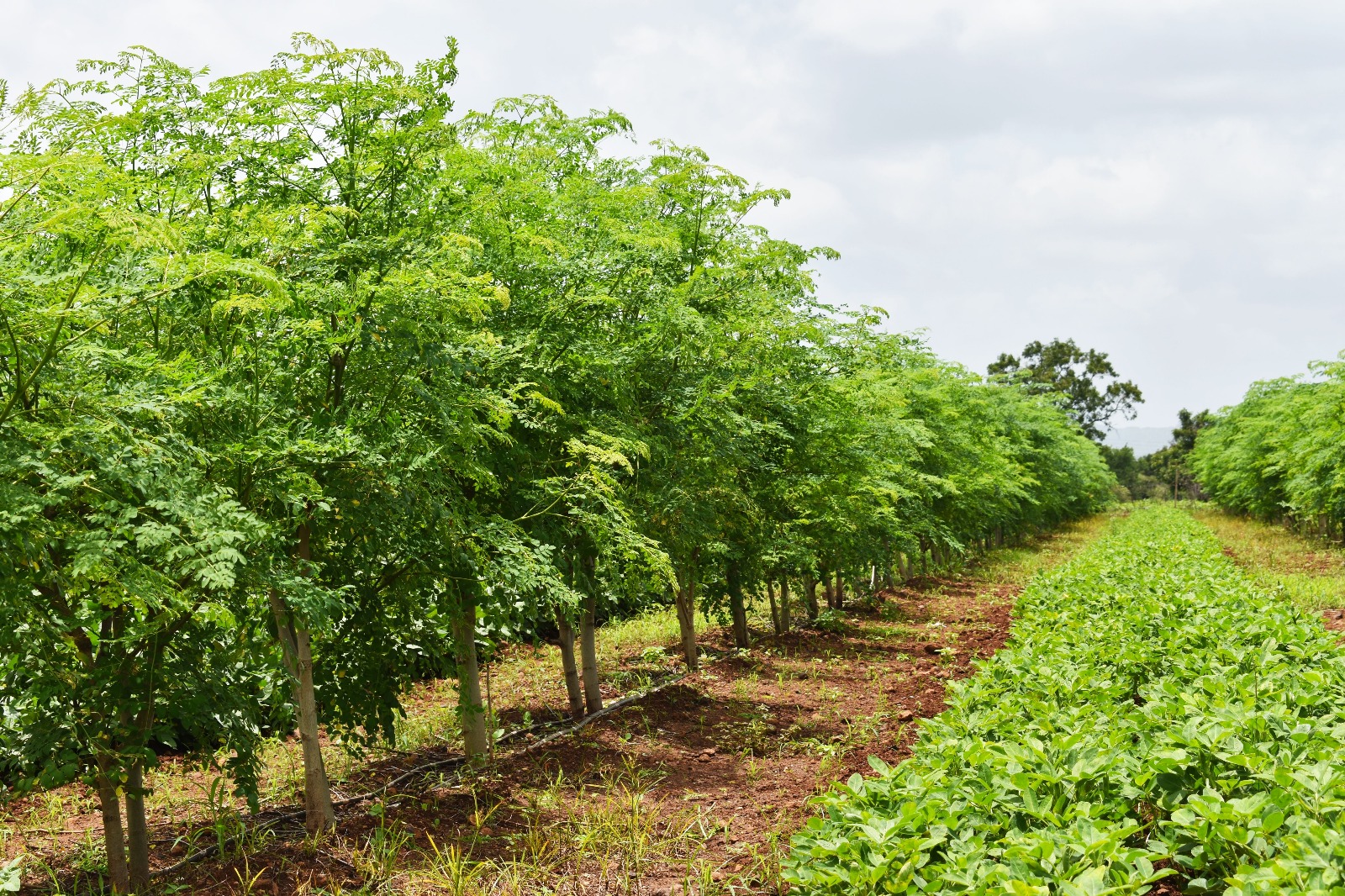Does Moringa Like Acidic Soil?
Moringa, also known as the drumstick tree, is a popular plant used for its many health benefits. It’s grown in various parts of the world, and while it’s known to be hardy, one important question many growers have is whether moringa likes acidic soil or not. In this article, we’ll explore the relationship between moringa and soil pH, and whether or not acidic soil is suitable for growing this plant.
Alkaline: Being mineral rich, moringa is highly alkaline. Since our blood and bodily fluids are slightly alkaline and toxins are acidic, our body is constantly fighting to stay on the basic side of the pH chart. Eat 75 per cent alkaline foods and 25 per cent mildly acidic foods for a proper pH balance.
Understanding Moringa and Its Soil Requirements
Moringa is a versatile plant that’s been used for centuries for its medicinal properties and nutritional value. It’s grown in various parts of the world, including Asia, Africa, and Latin America. Moringa is a hardy plant that can tolerate different soil types, but its growth and productivity depend largely on the soil pH.
Soil pH is a measure of the acidity or alkalinity of soil, and it’s an important factor that influences plant growth and development. The pH scale ranges from 0 to 14, with 7 being neutral. Soil pH levels below 7 are considered acidic, while those above 7 are alkaline. The ideal soil pH range for growing moringa is between 6.0 and 7.0.
Moringa is a fast-growing plant that requires well-draining soil with adequate nutrients. The plant has a deep taproot that allows it to access water and nutrients from deep in the soil. Moringa can also tolerate drought conditions, but it grows best in soil that’s moist and well-drained.
In addition to soil pH, other factors that influence moringa growth include temperature, light, and nutrients. Moringa is a tropical plant that thrives in warm temperatures, and it requires at least 6 hours of sunlight per day. The plant also needs nitrogen, phosphorus, and potassium, as well as other micro nutrients like calcium, magnesium, and sulfur.
To ensure optimal growth and productivity of moringa, it’s essential to provide the plant with the right soil conditions. Testing the soil pH is a crucial first step in determining whether your soil is suitable for growing moringa. Soil testing kits are available at garden centers and online, and they’re relatively easy to use. Once you know your soil pH, you can make adjustments to bring it into the ideal range for moringa growth.
In summary, moringa is a hardy plant that can tolerate different soil types, but it grows best in soil with a pH between 6.0 and 7.0. Providing the plant with the right soil conditions, including adequate moisture, nutrients, and sunlight, is crucial for optimal growth and productivity. By understanding moringa’s soil requirements, you can grow this versatile plant successfully and reap its many health benefits.

The Relationship Between Moringa and Soil pH
The soil pH plays a crucial role in the growth and development of moringa. While moringa can tolerate different soil types, its tolerance to acidic soil varies depending on several factors.
Acidic soil, with a pH level below 6.0, can limit moringa’s growth and productivity. This is because acidic soil affects the availability of nutrients, especially phosphorus and micro nutrients like iron, manganese, and zinc. These nutrients are essential for plant growth and development, and their availability is strongly influenced by soil pH.
In acidic soil, the concentration of hydrogen ions is high, which makes it difficult for plant roots to absorb nutrients. This can lead to stunted growth, yellowing of leaves, and reduced yield. While some varieties of moringa are more tolerant of acidic soil, most varieties perform best in soil with a pH level between 6.0 and 7.0.
Factors that influence moringa’s tolerance to acidic soil include the plant variety, soil type, and climate. Some moringa varieties have been bred to tolerate acidic soil, while others may be more sensitive to low pH levels. Soil type, such as clay soil, tends to have a lower pH than sandy soil, which can affect moringa growth. Additionally, climate conditions like rainfall can also influence soil pH, with high rainfall leading to more acidic soil.
To determine whether your soil is too acidic for moringa, you can test the soil pH using a soil testing kit. If the pH is below 6.0, you may need to adjust the pH level to bring it into the ideal range. Soil pH adjustment can be done using various methods, including adding lime to raise the pH or sulfur to lower the pH. Organic matter like compost and manure can also help to balance soil pH.
In conclusion, soil pH is an essential factor that influences moringa growth and productivity. While moringa can tolerate different soil types, acidic soil with a pH level below 6.0 can limit its growth and reduce yield. Understanding moringa’s tolerance to acidic soil, as well as factors that influence this tolerance, can help you grow healthy and productive moringa plants.

How to Adjust Soil pH for Moringa
Adjusting soil pH is an important step in ensuring optimal growth and productivity of moringa. You can adjust soil pH using various methods, depending on whether you need to raise or lower the pH level.
To raise the pH level of acidic soil, you can add lime. Lime is a natural soil amendment that contains calcium and magnesium, which can help to neutralize soil acidity. The amount of lime needed will depend on the current pH level and the soil type. A soil testing kit can help you determine the right amount of lime to add. It’s important to note that lime can take several months to fully change the soil pH, so it’s best to add it well in advance of planting moringa.
To lower the pH level of alkaline soil, you can add sulfur. Sulfur is a natural soil amendment that reacts with soil moisture to form sulfuric acid, which can help to lower soil pH. Again, the amount of sulfur needed will depend on the current pH level and soil type. It’s important to note that sulfur can take several months to fully change the soil pH, so it’s best to add it well in advance of planting moringa.
In addition to lime and sulfur, organic matter like compost and manure can also help to balance soil pH. Organic matter contains beneficial microbes that can help to break down soil nutrients, making them more available to plants. Organic matter can also improve soil structure and water-holding capacity, which are essential for healthy moringa growth.
It’s important to note that while adjusting soil pH is necessary, it’s also important not to overdo it. Rapid and drastic changes in soil pH can shock plants and lead to reduced growth and yield. It’s best to make gradual changes in soil pH and monitor the effects on moringa growth.
In summary, adjusting soil pH is an essential step in ensuring healthy and productive moringa growth. Lime and sulfur are two natural soil amendments that can help to raise or lower soil pH, respectively. Organic matter like compost and manure can also help to balance soil pH. Making gradual changes to soil pH and monitoring the effects on moringa growth is important for successful moringa cultivation.

In Summary
Understanding moringa’s soil requirements is essential for successful cultivation. While moringa can tolerate different soil types, its tolerance to acidic soil varies depending on several factors.
Soil pH plays a crucial role in moringa growth and productivity. Acidic soil can limit moringa’s growth and reduce yield by affecting the availability of essential nutrients. Most varieties of moringa perform best in soil with a pH level between 6.0 and 7.0.
Adjusting soil pH is an important step in ensuring optimal moringa growth and productivity. Lime and sulfur are two natural soil amendments that can help to raise or lower soil pH, respectively. Organic matter like compost and manure can also help to balance soil pH.
It’s important to note that making gradual changes in soil pH and monitoring the effects on moringa growth is essential for successful cultivation. Rapid and drastic changes in soil pH can shock plants and lead to reduced growth and yield.
By understanding moringa’s soil requirements and adjusting soil pH as necessary, you can grow healthy and productive moringa plants. With proper care and attention, moringa can provide a sustainable source of nutrition and income for farmers and communities around the world.
References
- Soil-applied selenite increases selenium and reduces cadmium in roots of Moringa oleifera https://www.nature.com/articles/s41598-020-77350-1
- https://www.bunnings.com.au/diy-advice/garden/planting-and-growing/how-to-grow-and-care-for-moringa-trees
- https://www.eajournals.org/wp-content/uploads/Moringa-Moringa-Oleifera-Lam.-Leaves-Effect-on-Soil-Ph-and-Garden-Egg-Solanum-Aethiopicum-L.-Yield-in-Two-Nigeria-Agro-Ecologies.pdf
Moringa With Barry stores offer a variety of moringa products. These include: Moringa Powder, Moringa Tea, Moringa Capsules and Moringa Oil.
Read more:
Making Moringa Seed Oil: A Step-by-Step Guide
Moringa Seed Oil: Unveiling the Benefits of this Miracle Oil
Benefits of Moringa Seed Oil: Exploring it




